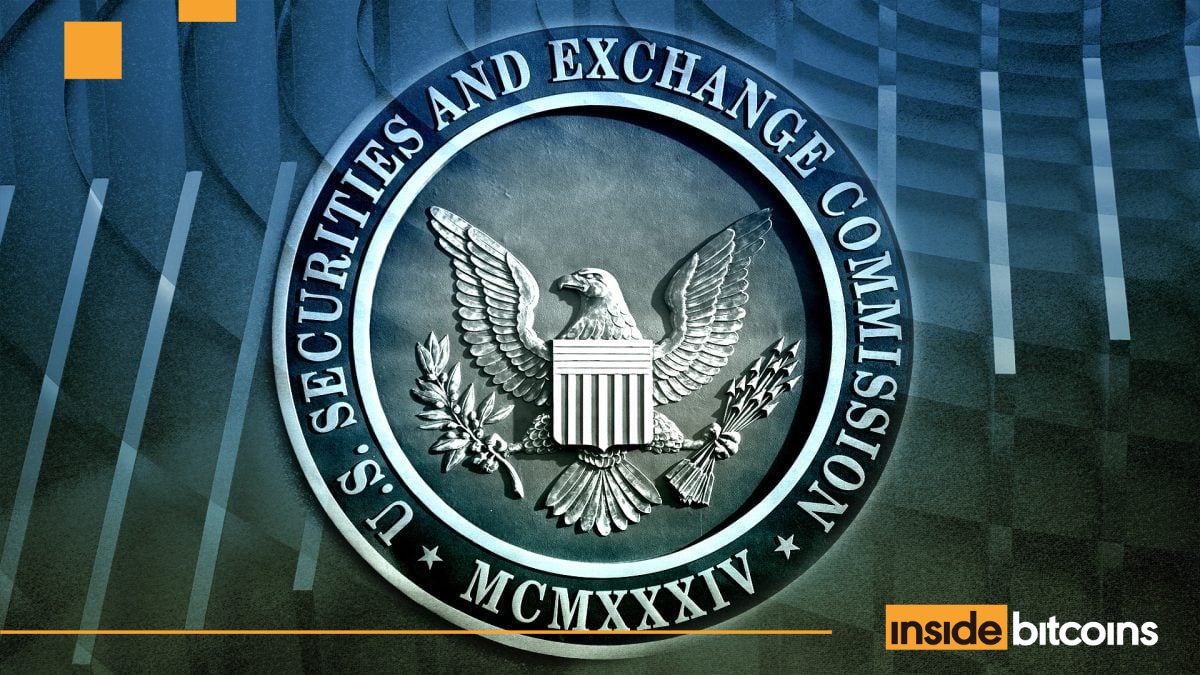2019-1-15 22:16 |
Tokenized securities have been one of the biggest trends in the last few years, and while a lot of progress has been made in this regard, there is still a lot of issues that need to be addressed.
What Are Tokenized Securities?“Tokenized securities” is a term that is used for crypto assets that represent an investment in things that cannot be traded on liquid exchanges. This can include anything from real estate and gold to art pieces, diamonds, and similar coveted items.
As mentioned, a trend of tokenizing such assets has grown a lot in recent years due to certain benefits that come with it. For example, by tokenizing these assets, people can establish ownership of them, or share it in an easier way by simply possessing a certain amount of tokens.
Due to the popularity of this trend, the technology behind it has been progressing rapidly. New token designs created for the purpose of tokenizing assets appeared, and even entire platforms dedicated to this concept emerged, all for the sake of making the process easier for investors, issuers, regulators, and everyone else involved.
Security tokens have become a vision of the future, and they have been gaining more and more supporters, especially since the ICO movement failed in 2018. Numerous companies have announced their own platforms dedicated to this idea, such as Harbor with their tokenized real estate investment trust, or SharesPost, which is a broker-dealer and an ATS (Alternative Trading System). This is of great importance for the large US investors, as they are currently in dire need of qualified custodians.
Considering all the benefits that come from tokenizing assets, it is understandable why there is so much hype about it. However, while this works in theory, it is a lot more complicated in practice.
Issues Regarding Tokenized SecuritiesThe first thing to note is that liquidity is created by the markets and not new technologies. In other words, there is an equal necessity for demand and not just supply, otherwise, there will be no trading. While many assume that demand will come on its own if everything else is provided, this is not always the case.
In fact, even if supply and demand did come in a pair, there is more that needs to happen in order for everything to work as imagined.
As we know, liquidity exists if there is a specific volume of buy and sell orders. The orders need to revolve around the assets' current price so that the market can remain stable even in cases when large orders are being made. This is very difficult to achieve when new types of investment are involved. While it is assumed that only accredited investors will have early access to initial tokens, even they will only join in if there is already some activity on these platforms.
And, let's not forget about regulatory complications, which are bound to emerge as derivative markets go up, which is necessary in order for the portfolio management potential to come to its full realization. Not to mention that this may cause transparency complications, while transparency itself is one of the very points of the process.
Another problem revolves around settlements, as immediate settlements require potential buyers to already have the right amount of funds in the right place, and ready to be sent. Things are different in traditional markets as there are middlemen that assure both, the buyer and the seller, that the trade can and will happen. Because of this, moving the funds when needed has become a regular practice, and the money simply sits in interest-bearing instruments until that point.
Next, there is the problem of the nature of the asset class. Some of them may be new ones, while others are simply a reconfiguration of those that have been around for a while. The answer may result in a number of new changes, such as new investing frameworks, including metrics, dashboards, and even additional research that new investors have to do.
There Is A Lot More Work To Be DoneWhile these problems still require solutions, most of them will likely be resolved in the future. There are already some concepts that may resolve issues regarding settlements, conceptual confusion, and alike. Meanwhile, the benefits remain highly useful and intriguing, so much so that even traditional market participants are getting interested in different possibilities.
This interest, as well as traditional market participants' eventual involvement, will likely come in due time, as the technology improves, new regulations secure the space, and the markets get comfortable with these new concepts. Even so, it is important to remember that there is a lot more work to be done and that these issues are not so easy to resolve.
Because of that, expectations need to remain realistic, and traders should not surrender themselves to the hype.
origin »Bitcoin price in Telegram @btc_price_every_hour
Lottocoin (LOT) на Currencies.ru
|
|









